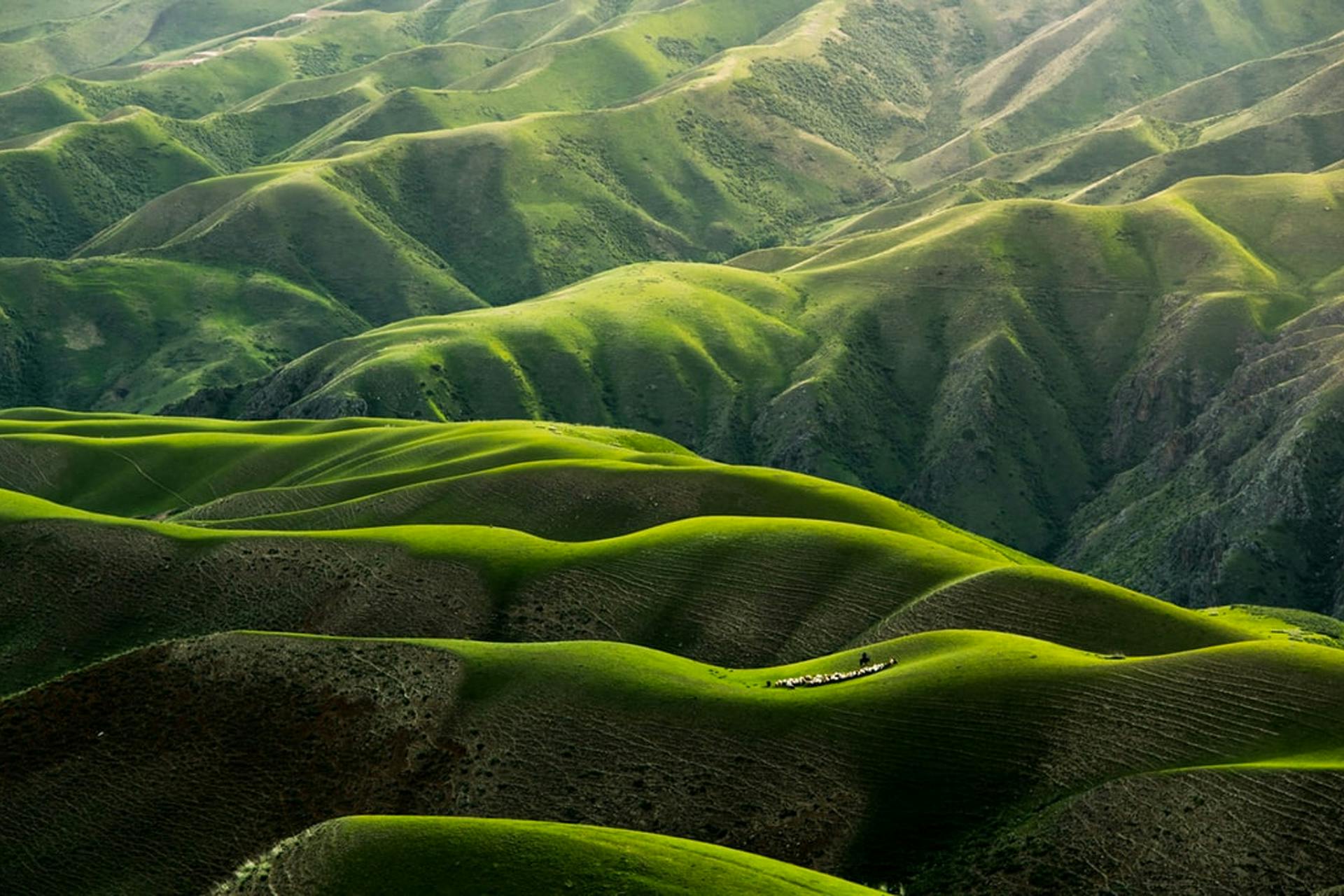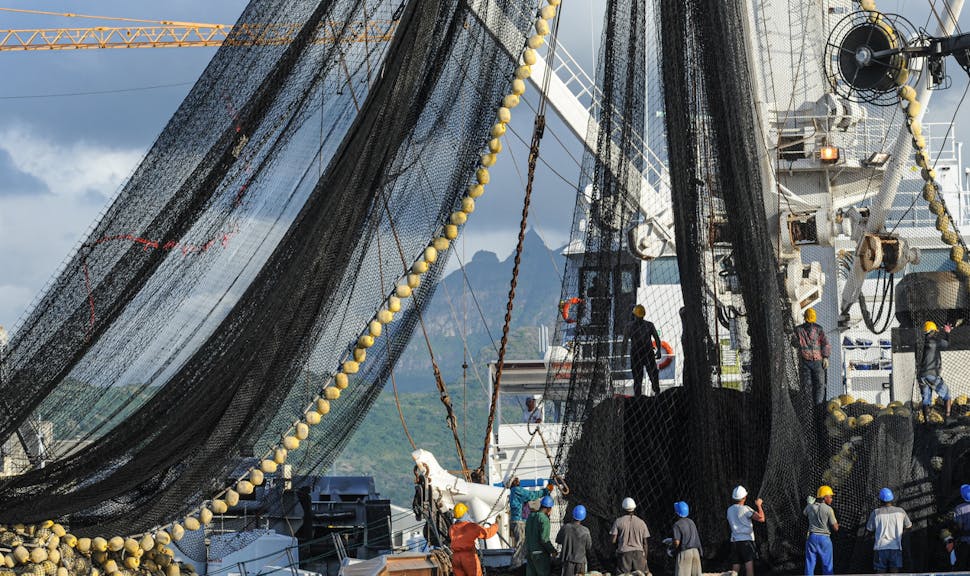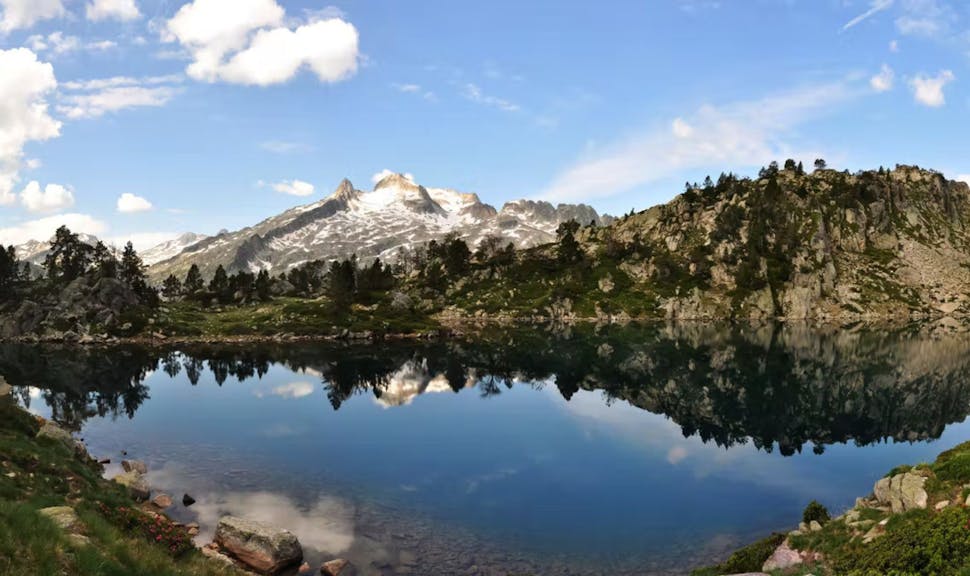

Sir Robert WatsonFormer Chairman of IPCC and IPBES
April 1, 2019
Nature Under Threat : Interview with Sir Robert Watson
Perspectives from former Chairman of IPCC and IPBES.
3 minutes
Original Content: AXA Research Fund
Sir Robert Watson is a leading international authority on climate change and biodiversity. He served as Chair of both the Intergovernmental Panel on Climate Change (IPCC) and the Intergovernmental Science-Policy Platform on Biodiversity and Ecosystem Services (IPBES). His interview is extracted fromthe AXA Research Fund publication Biodiversity at Risk: Preserving the natural world for our future
.
What is the extent of biodiversity loss? How serious is the situation?
Sir Robert Watson: It is serious. The rate of loss of species is clearly increasing. It is running at tens to hundreds of times faster than natural evolution. In the 2019 IPBES Global Assessment, we said one million species were at risk of extinction – half of those are plants and animals, half are insects. However, if we start to manage biodiversity – if we start to protect our ecosystems, we can stop most from becoming extinct. That means reducing the drivers behind biodiversity loss: changing land use, over exploitation of resources, climate change, pollution, and the increase in invasive alien species.
How accurate is our data in this area? Do we have clear projections for what is going to happen with biodiversity loss?
Sir Robert Watson: There is a lot of work going on. We know what has happened and how – we know how we have transformed our environment. But what is going to happen in the next fifty years? That is more difficult. We need better models. To have a good projection of the future, we need to know the plausible changes in population, in wealth, in per capita consumption, in new technologies and social values. The question is, do we know enough to act? And the answer is: yes, we do. We should not use lack of knowledge as an excuse.
Are we doing enough to stop biodiversity loss?
Sir Robert Watson: Clearly, we need to do more. We are still changing land use. Deforestation is still occurring in some parts of the world, primarily in the tropics and sub-tropics. Air-borne and land-based pollution are still increasing. We are only making reasonable progress on four of the twenty Aichi targets. On some, we areactually losingground.
What is the role of the private sector in this?
Sir Robert Watson: A huge role. Governments can put policies in place, but it is the private sector that produces our food, that produces our energy, that runs our transport systems and controls tourism. Many companies are dependent on biodiversity – the food sector of course, but also aluminium producers or power companies, which are dependent on water for their business. The good news is there are companies out there showing that you can be economically viable, that you can make a profit for your shareholders, and still be sustainable. The private sector needs to take a medium and long-term view. Look at Newfoundland in the 1990s – overfishing was so acute that there had to be a moratorium on Atlantic cod. Twenty years later, the cod stocks are still not back to where they were. It takes time for ecosystems to recover.
You mentioned climate change as a driver of biodiversity loss?
Sir Robert Watson: With climate change, you get an acceleration of the pressure on biodiversity. Dry areas, on average, become drier; wet areas become wetter. But you also get changes in precipitation, leading to floods or droughts, and more extreme weather, such as heatwaves. Many of the coral reefs in the Caribbean have been wrecked in the last two decades by just a few major hurricanes. The fact is, we need to look at climate change and biodiversity together. They cannot be separate issues. Both are environmental issues, but they are more than that – they are both development issues.
What do you mean by development issues?
Sir Robert Watson: We will continue to lose biodiversity and we need to understand the implications. How are we going to adapt to that future loss? How can we manage our agriculture, our energy, our water systems better? We are definitely moving too slowly, but hopefully there is enough common sense to draw back from the cliff edge – to realize that to continue along this path is economically stupid, socially stupid and will not be good at all for any of us – the rich, the middle classes or the low-income populations.
Tags:
Biodiversity


